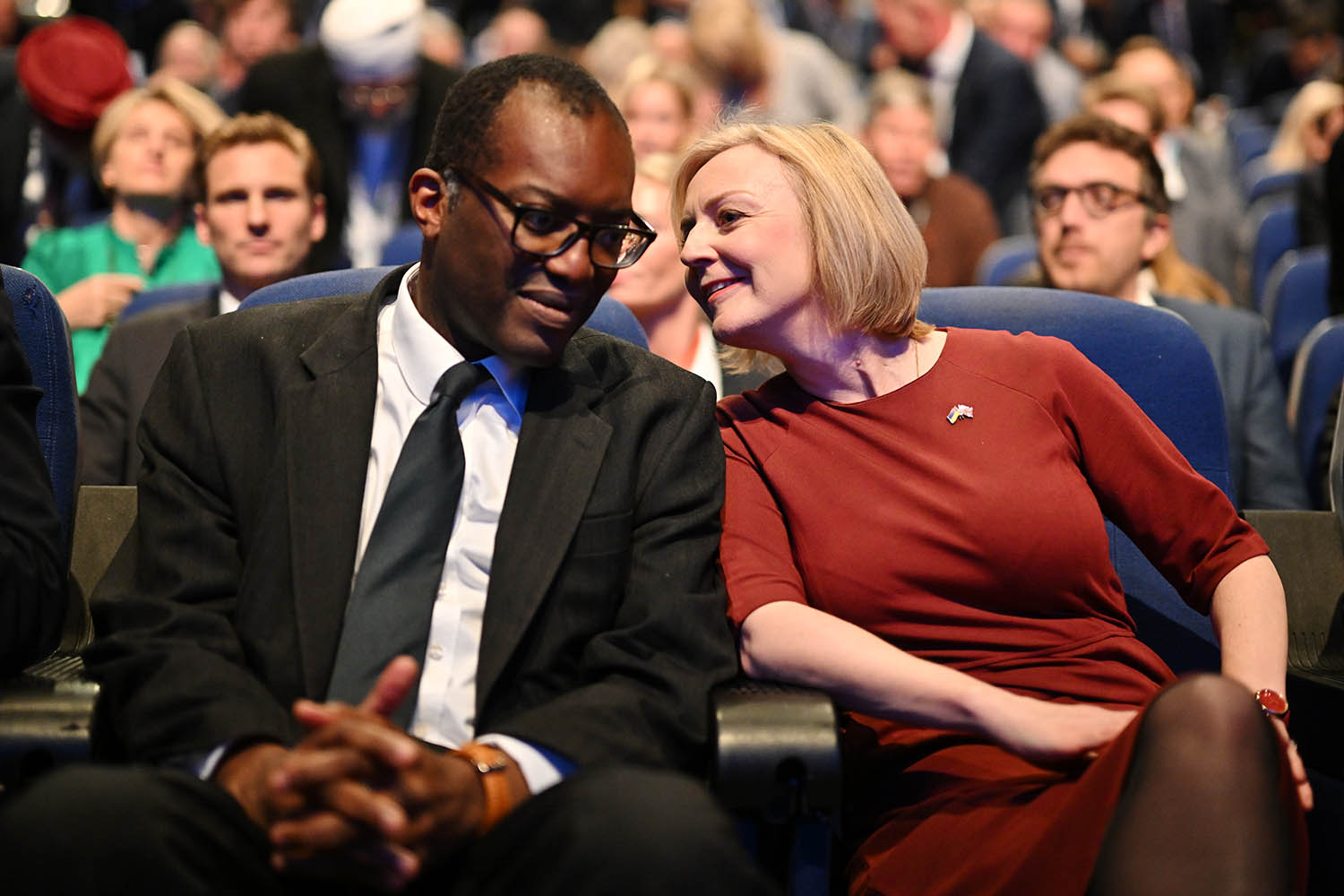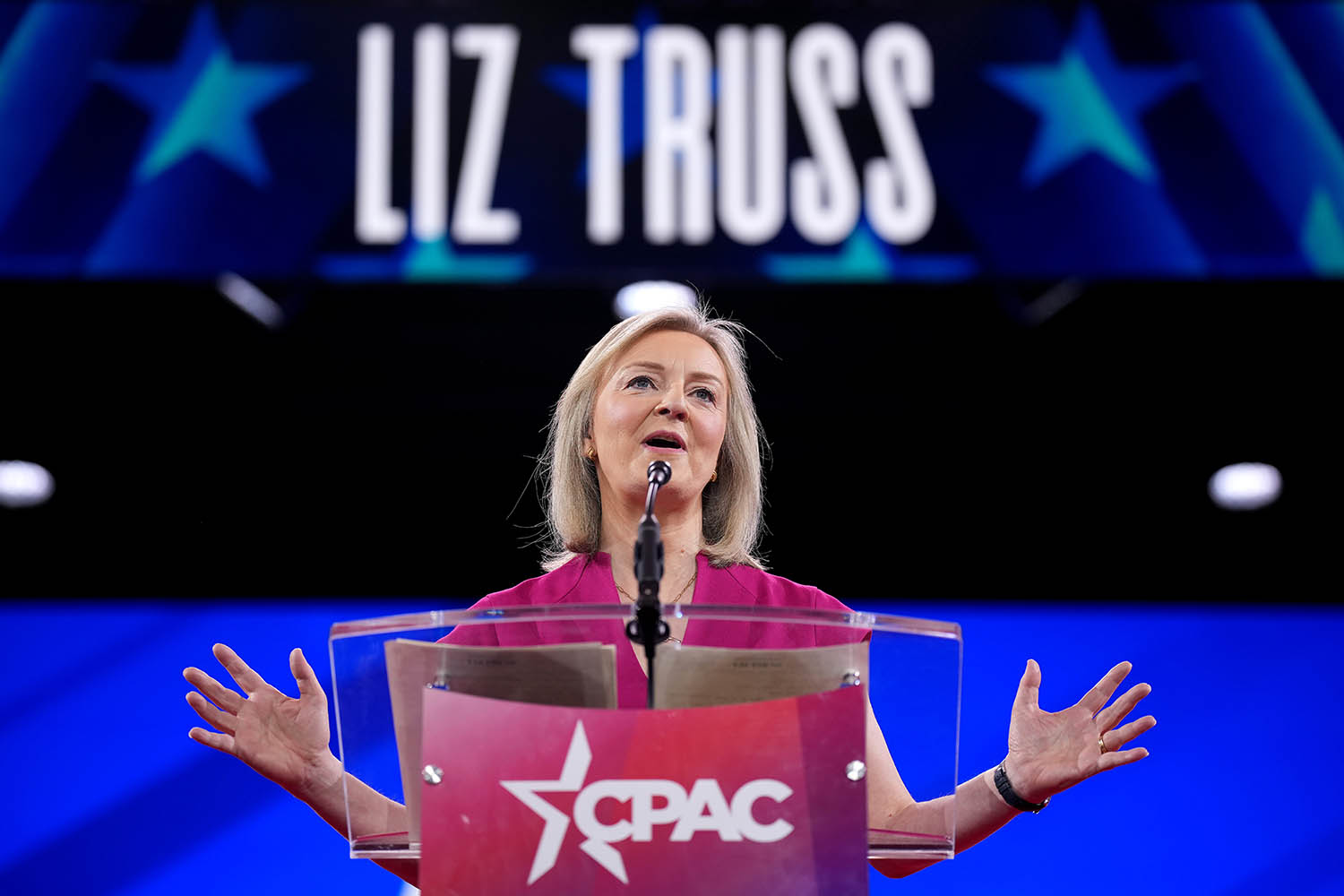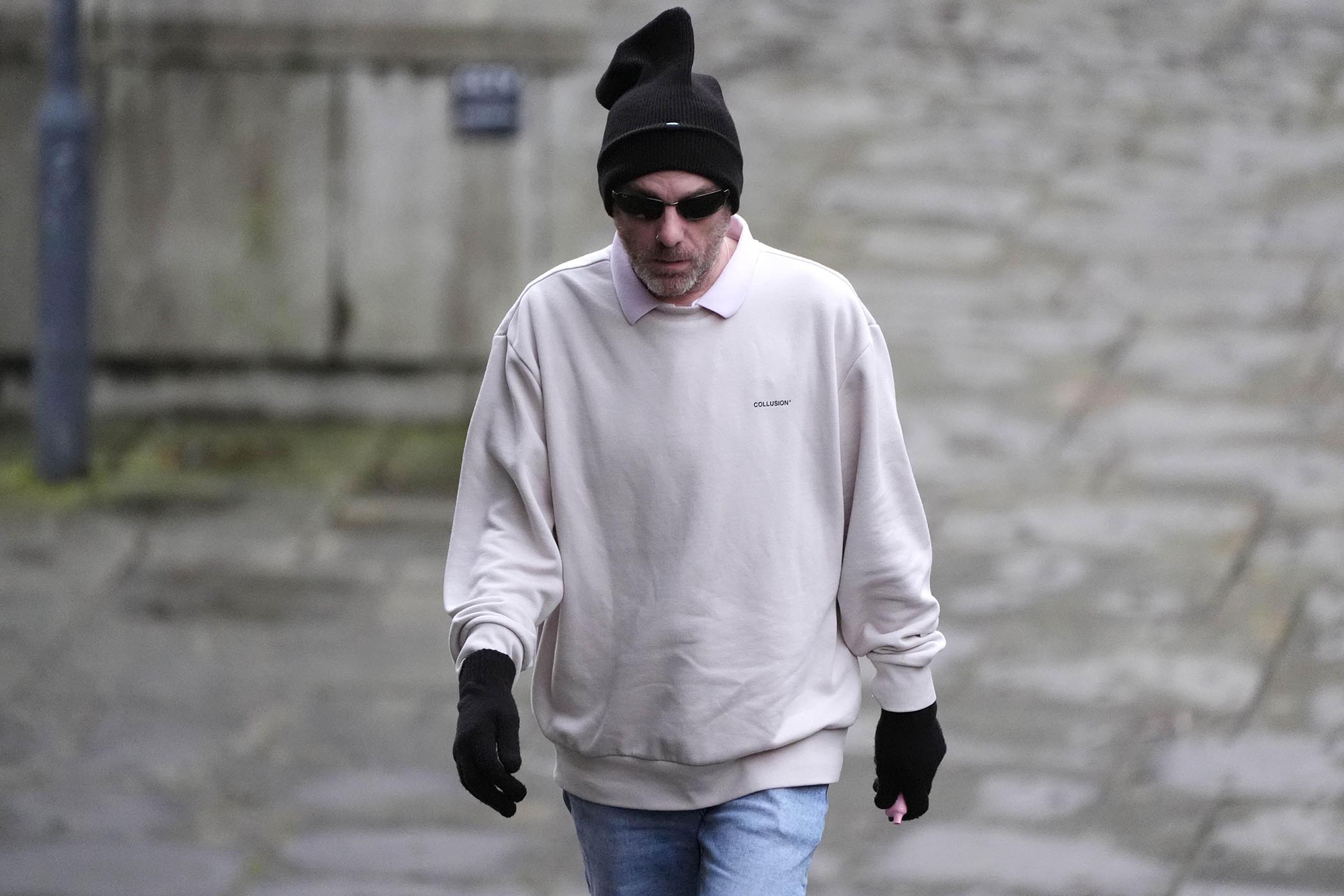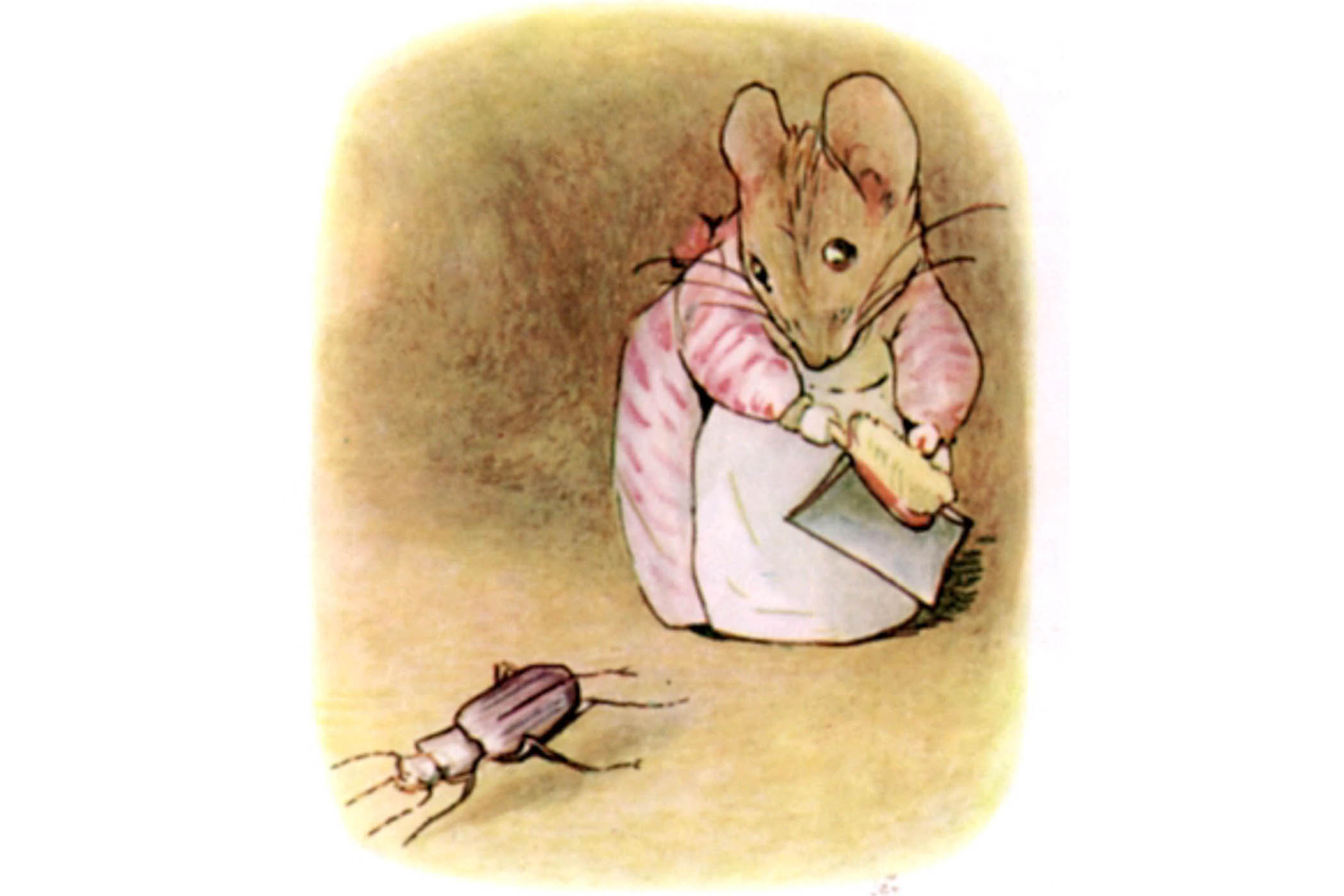‘Britain is in the dark ages. We have a socialist government, commissars ruling over us who are leading our country in a terrible direction. Everything that made Britain great is being destroyed by an establishment that hates Britain and hates the west. Patriotic Brits have had enough.”
These are not the words of a student radical or a political novice. This is a former prime minister speaking. In February, at the Conservative Political Action Conference (CPAC) in Washington DC, Liz Truss went through her now familiar repertoire of conspiracy theories and blame techniques.
Some former prime ministers – Tony Blair and Boris Johnson, for example – make a lot of visits to the US east coast once they leave Downing Street. Truss has also turned up a lot on the east coast, but most of her trips have not been to Washington, and New York and Boston. They have been to Beccles and Scunthorpe.
In August last year, a speech by Truss at Beccles public hall, in Suffolk, was sabotaged by Led by Donkeys. In April this year, she spoke at a cryptocurrency conference in Bedford, during which, to the bemusement of the audience, she excoriated “the deep state” that had brought her down. Then, earlier this month, Truss made the front page of the Sun because she had recorded a promotional video at Scunthorpe United’s football ground for a brand of whiskey created by Dougie Joyce, a bare-knuckle fighter jailed in 2023 for assaulting a pensioner.
Performances of this kind have become Truss’s stock-in-trade since her inglorious period in office was curtailed in October 2022. Her former allies, including her deputy prime minister, Thérèse Coffey – once her best friend in politics – and Kwasi Kwarteng, briefly her chancellor of the exchequer, urged Truss to take time out to reflect on the trauma of being deposed so quickly.
Aides such as her former chief of staff, Mark Fullbrook, senior adviser Jason Stein and speech writer Asa Bennett advised Truss not to rush to a judgment of what had just happened, and that she should not return to the political fray too soon.
“The last conversation I really had with her, we were leaving the prime minister’s flat above No 11 on the day that she officially left office,” Stein says. “And we were heading down to the cabinet room, and I kind of remember saying to her: ‘What’s next?’ And we got into a chat about it and I just said to her: ‘Look … take a well-earned rest and some quiet time and have a think’.”
Truss ignored all the advice. She had a different plan.
Since October 2022, Truss has been a whirlwind of activity, with many a conference graced by her presence.
Newsletters
Choose the newsletters you want to receive
View more
For information about how The Observer protects your data, read our Privacy Policy
She set her template for self-justification in her Margaret Thatcher Freedom Lecture in Washington DC in April 2023. Her script breathed fire about “wokeism”, and she portrayed herself as the victim of a vast conspiracy orchestrated by unnamed figures operating in the shadows of the system.
Truss’s speech tour since has been a mixture of obscure organisations in exotic locations and unknown platforms in out-of-the-way places. In May 2023 she went to Honolulu, Hawaii, for a Pacific Forum meeting, and then on to meet the president in Taiwan, where she made some unguarded remarks about Chinese coercion. She was in Sea Island, Georgia, in February last year as a guest of the hitherto unknown Green Dragon Coalition, which describes itself rather optimistically as a “small gathering of the great minds of today”.
‘She could respond to her trauma by being remorseful, reflective, or say: I was right and a victim of foul play’
‘She could respond to her trauma by being remorseful, reflective, or say: I was right and a victim of foul play’
Kwasi Kwarteng, ex-minister
It is possible that the motivation for these speeches is money. Former prime ministers receive an annual stipend of £115,000 a year for office costs but that does not buy the lifestyle they once knew. By the standards of most speakers Truss is being well paid for her appearances. The Heritage Foundation paid her £7,600, and she took £18,000 from Honolulu and £20,000 from the trip to Sea Island, Georgia. But, in the league of former heads of state, these are not large numbers. In fact, she was at pains to point out that she was not paid for her appearance at Scunthorpe United. Kwarteng argues, though, that Truss’s underlying motivation is not money. It is vindication. “I think,” he says of Truss losing office, “the trauma meant that as an individual, as a human being, she had to respond in one of two ways. She could either decide to be sort of remorseful and reflective. But I think what she’s done is basically said to herself: ‘I was right, and I was the victim of foul play.’”
This leads directly, Kwarteng says, to a new group of allies: “You say firstly that it was a giant conspiracy against you. And secondly you ally with people who think of the world in similar terms, who think that there are giant conspiracies, who think that there is a big blob.”
The theme that everyone is to blame except herself has become a constant refrain for Truss. In her Margaret Thatcher Freedom Lecture, she named the culprits of the “anti-growth movement”, which included President Biden, the International Monetary Fund, the Treasury and the Bank of England, all of which were intent on the “imbuing of woke culture into our businesses”.
In February 2024, at the CPAC in Maryland – the occasion where Steve Bannon praised Tommy Robinson as “a hero” while she looked on – Truss said that conservatives were now so beleaguered that “we essentially need a bigger bazooka in order to be able to deliver”. She went on to say that the British civil service had been infiltrated by “trans activists” and “environmental extremists”.
The threads of Truss’s emerging conspiracy theories came together in an opinion piece she wrote in February last year for Fox News, in which she claimed that her premiership had been targeted by what she called the secret left, whose “agents are only too active in public and private institutions and what we have come to know as the administrative state and the deep state”. This was a rehearsal for Truss’s book, Ten Years to Save the West, published last year.
At a ball to celebrate President Trump’s inauguration in January this year, Truss said his election would be helpful in “saving western civilisation”. In the Washington Post last month, Truss went further. It wasn’t just the institutions of domestic financial policy that stood in her way but “the entire Davos elite”. And, she went on: “It will take a lot to defeat them, but they must be defeated to save the west.”
At the recent CPAC in Hungary, Truss went further still. She argued that free speech in Britain was in peril, and that the British left “hate western civilisation. They hate the family; they hate the nation; they hate free speech.”
Which makes it all the more ironic that, in perhaps her oddest move so far, Truss had her lawyers send a six-page “cease and desist” letter to Keir Starmer, in which she accused the prime minister of harming her reputation, contributing to her losing her South West Norfolk seat in the general election. The audacity of it: a Labour politician trying to make capital from the troubles of a rival.
Truss’s case hinged on whether her minibudget could fairly be described as a “crash of the economy”. Truss argued that, as it had not provoked a fall in GDP or a rise in unemployment, the economic turmoil was not the direct response of her actions. The Tory leader, Kemi Badenoch, was thought to regard the letter as absurd.
Kwarteng thinks that Truss’s slide towards conspiracy theories is the natural consequence of the self-justification she has fallen into since leaving office. He says: “Basically, your enemy’s enemy is your friend. So if you perceive your enemy to be the blob – the kind of centrist, do-nothing establishment – then anyone who’s opposed to that is a natural ally. Given what happened … her drifting towards the Maga movement is easily understandable.”

Kwasi Kwarteng and then PM Liz Truss attend the 2022 Conservative party conference in Birmingham
This lurch into extreme, even fantastical politics raises the question of whether these beliefs were always lurking within the former prime minister. As a junior minister at the Department for Education and a cabinet minister at the Department for Environment, Food and Rural Affairs, justice secretary and chief secretary to the Treasury, and as secretary of state at International Trade and for the Foreign Office, was Truss always regarded as someone on the edge of fringe beliefs?
It is true that she has long shown a flair for radicalism and a certain volatility. At the University of Oxford, Truss was a member of the Liberal Democrats, who believed in the abolition of the monarchy and the legalisation of cannabis. Roger Crouch, who became president of the Oxford University Lib Dems a year after Truss, said that he remembers her advocating the privatisation of lamp-posts.
Truss was always a champion of free market economics – which makes her endorsement of Trump’s tariffs rather strained – and when she was elected to parliament in 2010, she founded the Free Enterprise Group of Conservative MPs.
Truss was known as a difficult colleague, and one with an uncritical ideological certainty, but there were no reports of the kind of claims she is making now. Kwarteng says, ruefully: “I’d never heard her use the phrase deep state, for example, before she left Downing Street.”
After Downing Street has been a different story, and it is not clear what the woman called “the human hand grenade” by Dominic Cummings will do next. One possible destination is to join Nigel Farage’s Reform party. Certainly, there is no great warmth for Truss left in the Conservative party.
In January, Badenoch was reported to have told Truss to stay quiet for a while. There has been no shortage of anonymous Tories prepared to tell reporters that Truss needs to take a holiday because she is at risk of becoming an embarrassment to the party. As one of her former team in Downing Street told Politico: “There was a time we would have walked over hot coals for her. Not any more. Nobody that worked for her in No 10 wants anything to do with her these days.”
As for Farage, the two do appear to get along well. In February 2024, Farage attended the launch of Truss’s new Popular Conservativism movement and, two months later, he returned the favour with an invitation to his 60th birthday party. A month ago, there were reports that Farage and Truss were in talks.
Yet Farage does not need Truss. She is not popular enough. “I can see why she would go to Reform,” says Stein. “I struggle with whether Reform would want her. I don’t see what’s in it for Farage. Liz gets more from that pact than Farage.”
There is a revealing and rather sad passage in Harry Cole and James Heale’s book Out of the Blue in which they quote Truss saying to one of her advisers that she will be held back in politics by the fact that she has no friends. Seldon writes that Truss was such a contentious Treasury minister that she was excluded from sensitive discussions. One by one, any allies she had in politics have peeled away. Anyone who seeks Conservative voices to defend her finds silence.
Perhaps if she had shown some remorse, or acknowledged error, there might have been a way back into the Tory fold. Stein offers a verdict, more in sorrow than in anger: “I think the Conservative party doesn’t want to hear from her. For now, the party sees her as a drag anchor.”
And, on her current course, Truss is charting her way to oblivion.
Photographs by Andrew Harnik and Leon Neal/Getty Images



